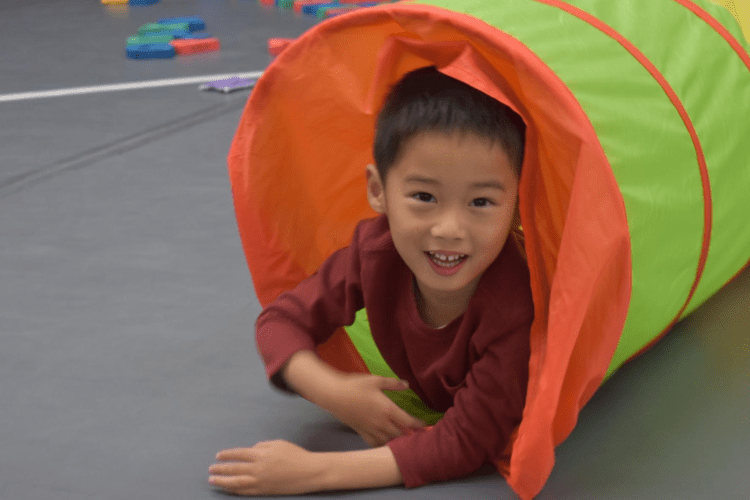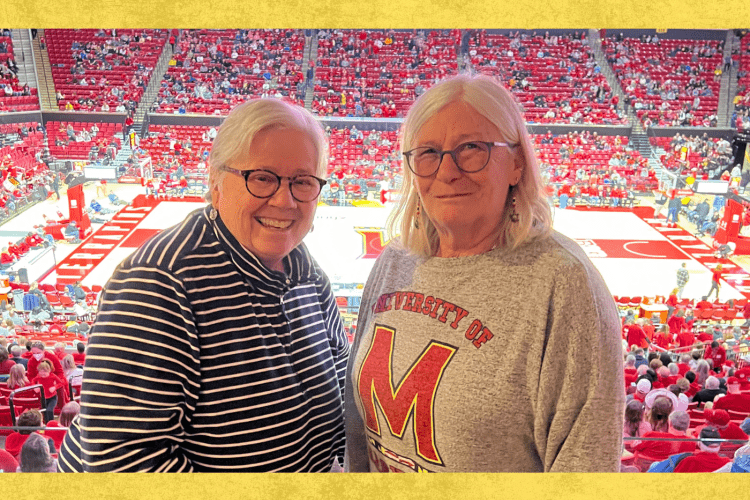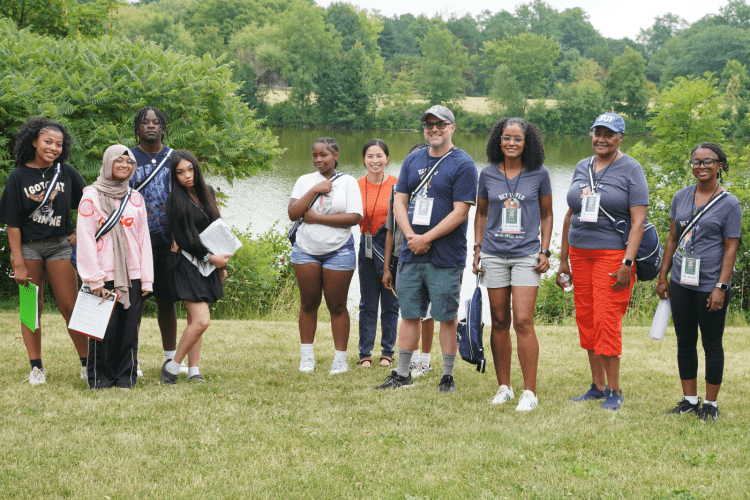Learn More About ...

Undergraduate Resources
Access information on:
- Degree and minors
- Advising Resources
- Kinesiology Honors Program
- Kinesiology Student Organization
- Internships
- Career Exploration

Graduate Resources
Access information on:
- MPH, MA, and PhD handbooks
- Human Subjects & Animal Research Applications
- GMK
- Financial Support




